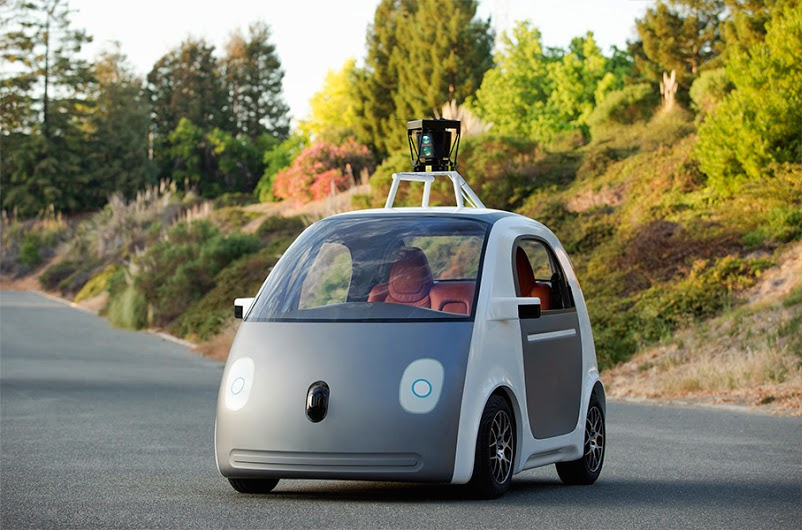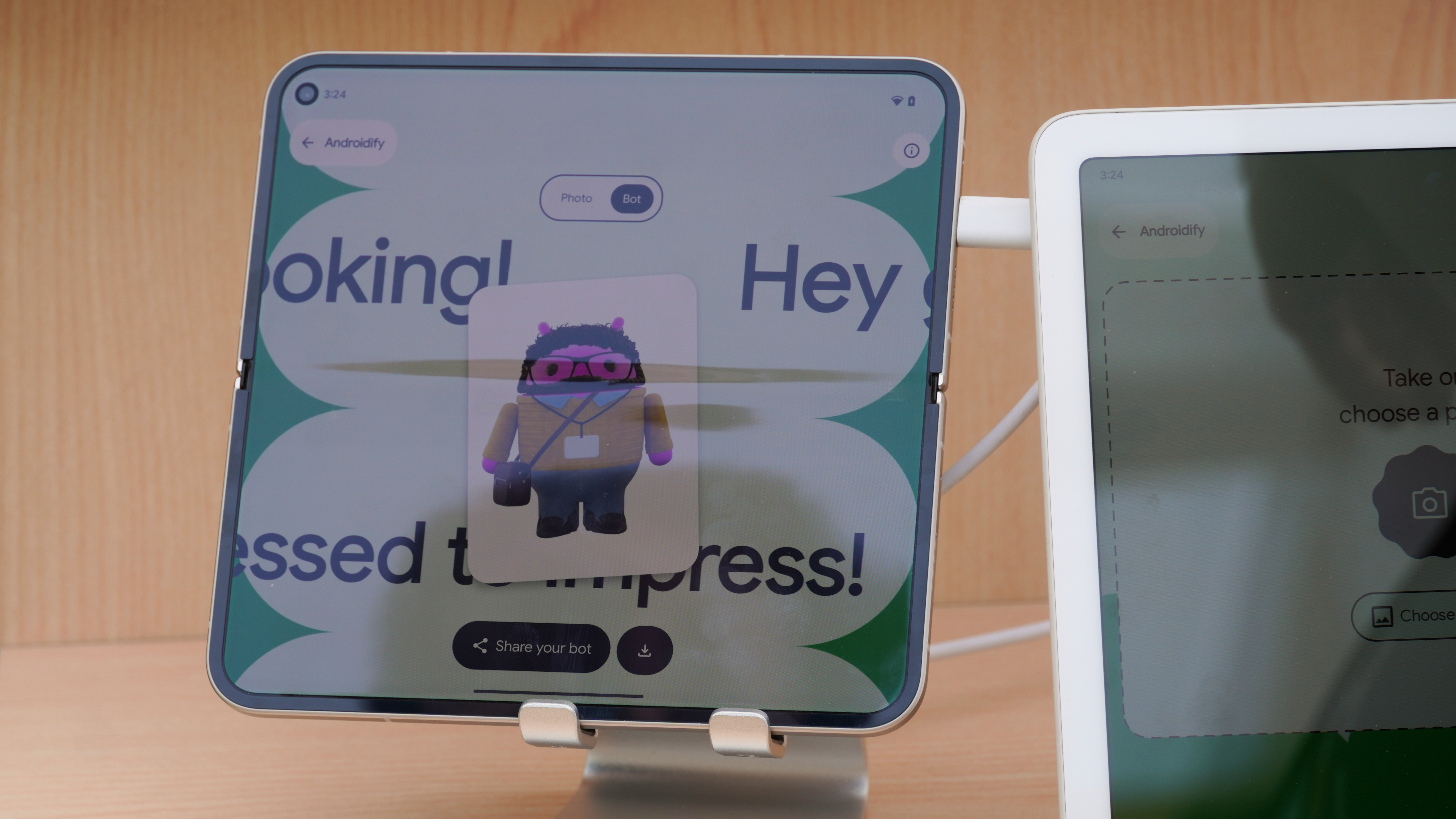Internal FBI report sees autonomous cars as rolling bombs that obey the rules of the road

Driverless cars are still very much works in progress and several years out from being a reality you in which can ride away from the dealership, but that doesn't mean the U.S. Federal Bureau of Investigation isn't conducting their own threat analysis on the future of automated automation. The internal report states that "Autonomy … will make mobility more efficient, but will also open up greater possibilities for dual-use applications and ways for a car to be more of a potential lethal weapon that it is today."
The FBI sketches out how "bad actors" could utilize autonomous cars to free them up to do other things. Like shooting back at pursuing police. Or being packed with explosives and programmed to drive to a target and then blow up.
To be a truly effective rolling bomb or getaway vehicle, the driverless car's programming will have to be modified to break the rules.
Of course, to be a truly effective rolling bomb or getaway vehicle, the driverless car's programming will have to be modified to break the rules — be they going off the road to get closer to a target or exceeding the set speed limit to get away from the cops that surely won't be driving autonomously when in pursuit. Altering the highly complex software of an autonomous car surely won't be a straight-forward task, and we'd expect that common sense and safety regulations would likely have checks built in to deal with such modifications.
That said, the FBI does expect that autonomous vehicles will help in reducing accidents, especially those involving first responders: "The risk that distraction or poor judgement leading to collision that stems from manual operation would be substantially reduced." That's both from the first responder's own driving and the driving of others. And tying in with surveillance systems (likely airborne by the time these cars are a reality) would also assist law enforcement in tailing target vehicles.
The FBI's report concludes that we could start seeing these applications soon, and that the US Congress could approve the use of autonomous vehicles by the public in the next five to seven years. Which, if you know anything about Congress, seems widely optimistic.
How do you see autonomous vehicles impacting law enforcement?
Source: The Guardian
Get the latest news from Android Central, your trusted companion in the world of Android

Derek Kessler is Special Projects Manager for Mobile Nations. He's been writing about tech since 2009, has far more phones than is considered humane, still carries a torch for Palm (the old one), and got a Tesla because it was the biggest gadget he could find. You can follow him on Twitter at @derekakessler.
